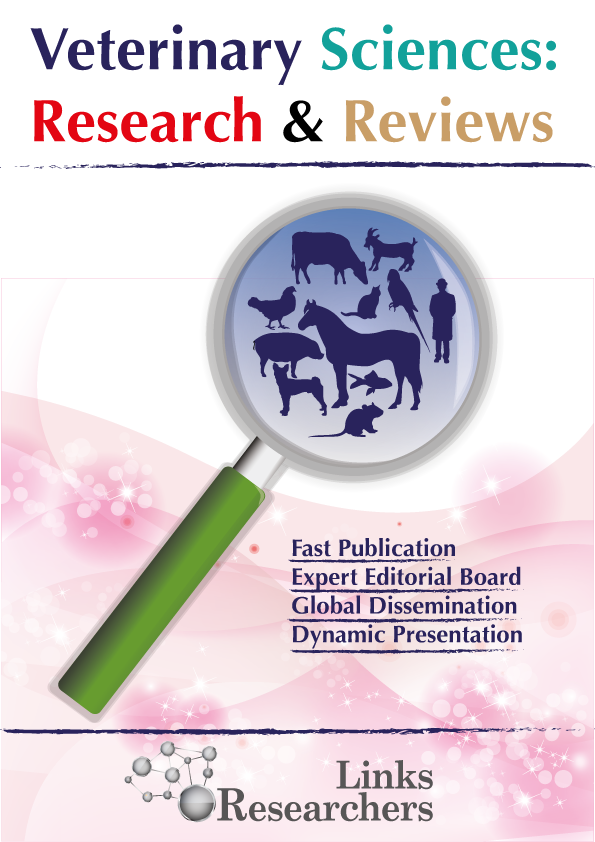Fecal Antibiotic Resistome of Pigs from a Small-Scale Piggery in Ibadan, South-West Nigeria
Fecal Antibiotic Resistome of Pigs from a Small-Scale Piggery in Ibadan, South-West Nigeria
Oluseyi A. Olayinka1, Temitope O.C. Faleye2, Oladipo O. Omotosho3, Oladapo A. Odukaye3, Bolaji Oluremi4, Ibipeju H. Ibitoye1, Oludayo O. Ope-Ewe1, Uwem E. George5, Oluwadamilola A. Arowolo6, Ijeoma M. Ifeorah7, Ewean C. Omoruyi8, Emmanuel Donbraye9, Olufunke P. Adeniji10, Olubusuyi M. Adewumi1,11* and Johnson A. Adeniji1,11,12
ABSTRACT
This study was designed to sample the fecal Resistome of Pigs from a small-scale Piggery in Ibadan, South-West Nigeria. Three fecal pellets were randomly picked from the floor of unit pens containing a minimum of three pigs per unit in selected piggery in Ibadan, Nigeria. The samples were pooled and resuspended in phosphate buffered saline. The suspension was then subjected to nucleic acid extraction, cDNA synthesis and Illumina sequencing. Antibiotic Resistance Genes (ARGs) in the raw reads were determined and assembled using the Kmer Resistance tool v2.2. From the 2,974,257 reads generated, 21 ARGs with statistically significant reads were identified. Almost all targeted broad-spectrum antibiotics with over 50% targeting Tetracyclines. Five (ant(6)-Ia_3, tet(40)_1, tet(Q)_1, tet(W)_5 and tet(O/W)_4) of the ARGs were predicted to be plasmid-borne. Our findings show that the Swine industry in the region might be both a mixing pot and reservoir of ARGs. It is therefore crucial that effort is made to educate the stakeholders on the importance of good antibiotics stewardship.
To share on other social networks, click on any share button. What are these?





